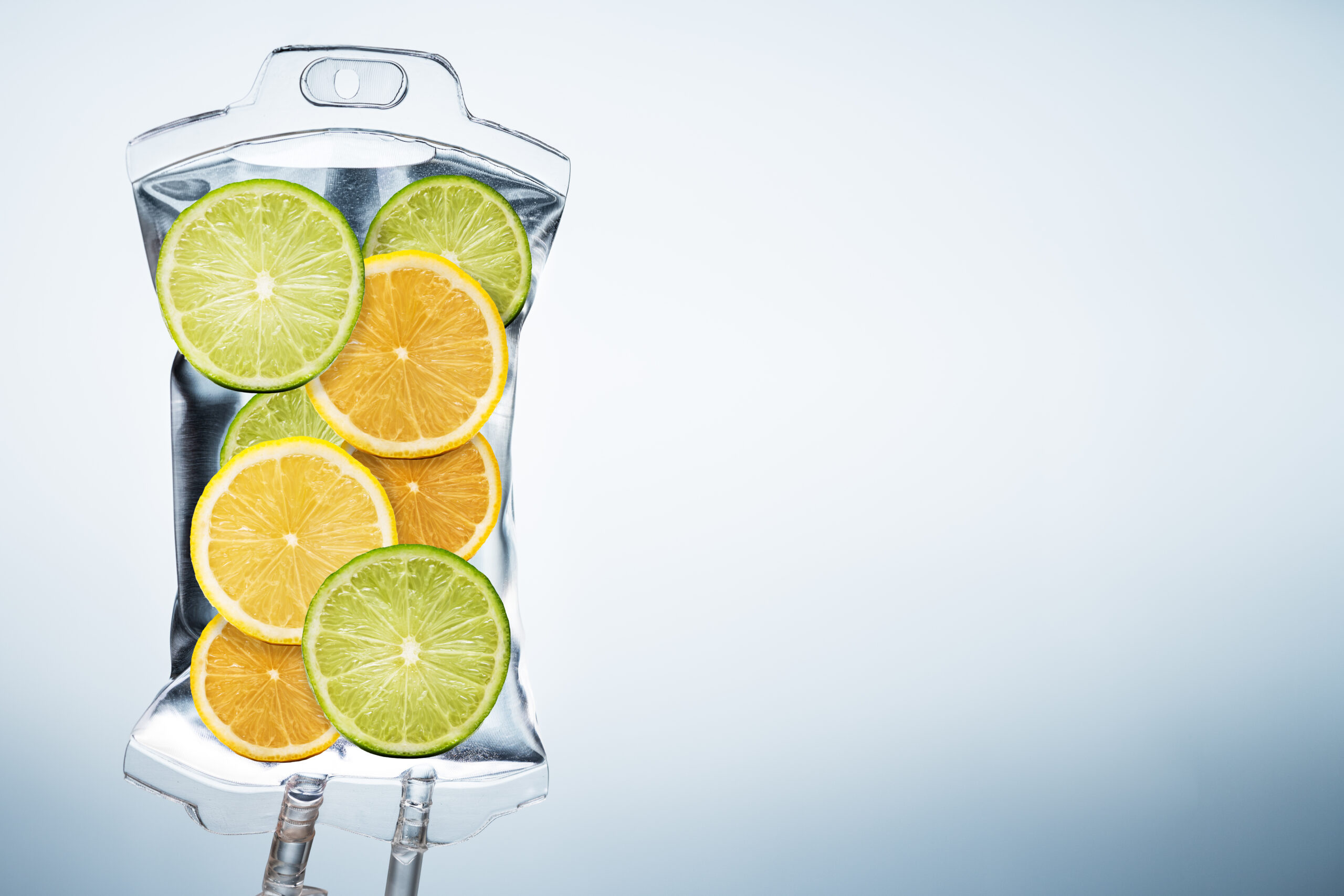What is IV Therapy?
What is IV therapy? Intravenous (IV) therapy is a medical technique that delivers fluids, nutrients, and medication directly into the bloodstream through a vein. IV therapy has been used for decades and has become increasingly popular in recent years due to its various benefits.
So, what is IV therapy, and how does IV therapy work?
IV therapy involves inserting a needle into a vein and delivering fluids, electrolytes, vitamins, and other nutrients directly into the bloodstream. The nutrients are mixed with a saline solution to create an IV drip, which is typically administered over the course of several minutes to several hours.
The IV therapy process begins with a consultation with a healthcare provider who will determine which nutrients are needed to address the patient’s specific needs. The provider will also assess the patient’s medical history, current medications, and other factors to ensure that IV therapy is safe and appropriate.
Once the provider has determined the appropriate nutrients and dosage, a nurse or healthcare professional will insert an IV catheter into a vein. The catheter is connected to a bag of fluids and nutrients that is hung on a pole and regulated by a pump. The IV therapy session typically lasts between 30 minutes and several hours, depending on the patient’s needs.



Now, let’s dive into the benefits of IV therapy.
Improved Hydration: IV therapy can help improve hydration levels quickly and effectively. Dehydration can be caused by a variety of factors, including illness, strenuous exercise, and excessive alcohol consumption. When the body is dehydrated, it can lead to fatigue, headaches, and other symptoms. Benefits of IV therapy can quickly replenish fluids and electrolytes, improving energy levels and overall health.
Nutrient Supplementation: IV drip therapy can provide patients with essential vitamins and minerals that they may not be getting enough of through their diet. This can include nutrients like vitamin C, B vitamins, and magnesium. By delivering these nutrients directly into the bloodstream, IV therapy can help boost the immune system, improve mental clarity, and reduce fatigue.
Faster Recovery: IV drips can also help speed up the recovery process for patients who are suffering from an illness or injury. By delivering fluids and nutrients directly into the bloodstream, IV therapy can help support the body’s natural healing process, reduce inflammation, and improve overall health.
Improved Athletic Performance: Athletes and fitness enthusiasts can also have benefits of IV therapy. IV drips can provide a quick energy boost and improve endurance during workouts. Additionally, they can help with muscle recovery after intense exercise, reducing soreness and fatigue.
Relief from Chronic Conditions: Benefits of IV therapy also provide relief for patients who are suffering from chronic conditions such as migraines, fibromyalgia, and chronic fatigue syndrome. By delivering nutrients directly into the bloodstream, IV therapy can help alleviate symptoms and improve overall health.
How does IV therapy work? The specific components of an IV bag depend on the type of therapy being administered. Common components include saline, dextrose, lactated Ringer’s, vitamin B complex, vitamin C, calcium, magnesium, antioxidants, and antibiotics.



Saline solution, made up of water and sodium chloride, is usually the base ingredient of an IV bag. It serves as a delivery system for the other components of IV therapy and helps hydrate the body. Dextrose, a type of sugar, helps normalize low levels of blood sugar and can be converted into energy by the body. Lactated Ringer’s, which contains water, calcium chloride, potassium chloride, sodium chloride, and sodium lactate, is commonly used during surgery and to treat dehydration.
Vitamin B complex, which includes vitamins B-1, B-2, B-3, B-5, B-6, B-9, and B-12, contributes directly to important bodily functions like metabolism and nerve function. It is often delivered via IV for patients who have trouble naturally absorbing vitamins. Vitamin C is important for a healthy immune system function and can be a beneficial ingredient in benefits of IV therapy for patients who are sick or feel like they are becoming sick. Calcium, a mineral that we need to build strong bones and teeth, can be delivered intravenously to supplement a low-calcium diet or treat certain conditions like acute hypocalcemia and hypoparathyroidism. Magnesium, which plays a role in healthy metabolic function, has numerous benefits, including reducing inflammation and helping to prevent migraines. Antioxidants like glutathione or vitamins A, C, or E help protect the body’s cells from a number of different diseases. Antibiotics are also commonly delivered via IV therapy to treat respiratory infection, bacterial skin infection, gastrointestinal infection, meningitis, Lyme disease, and more.
What is IV therapy? One of the most significant is energy management. How does IV therapy work? Drips often include essential amino acids that function similarly to caffeine without the added boost and eventual crash from the sugar in coffee and sodas. IV vitamin therapy can also be beneficial for weight loss by providing the energy and nutrients needed to get in a good workout and cool down once it’s over. Hangover treatment is another popular use for IV drips, as it can help alleviate headaches and other hangover symptoms after a night out. How does IV therapy work? Nutrient deficiency treatment is another area where IV’s can be helpful, particularly for individuals with conditions like Crohn’s disease, short bowel syndrome, and cystic fibrosis. Finally, IV therapy can help flush free radicals and other toxins out of the body, promoting healthier aging and overall wellness.
In conclusion, what is IV therapy? IV vitamin drips are a powerful medical treatment that can deliver fluids, vitamins, minerals, and medications directly into the patient’s bloodstream. The specific components of an IV bag depend on the type of therapy being administered. IV therapy offers many benefits, including energy management, weight loss, hangover treatment, nutrient deficiency treatment, and free radicals cleansing. If you are interested in learning more about What is IV Therapy, talk to your doctor or a qualified healthcare provider.





































